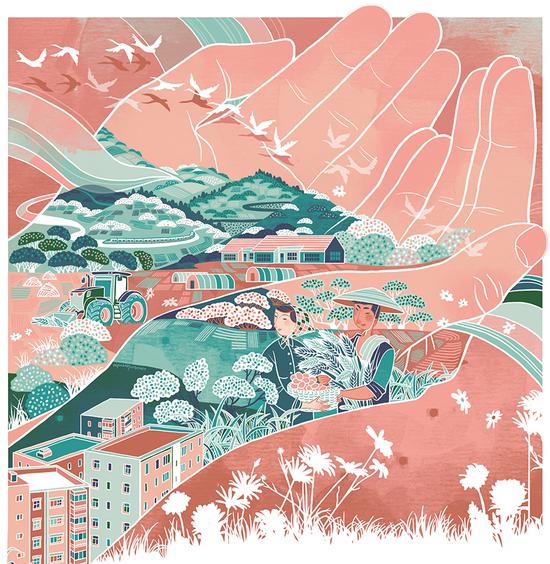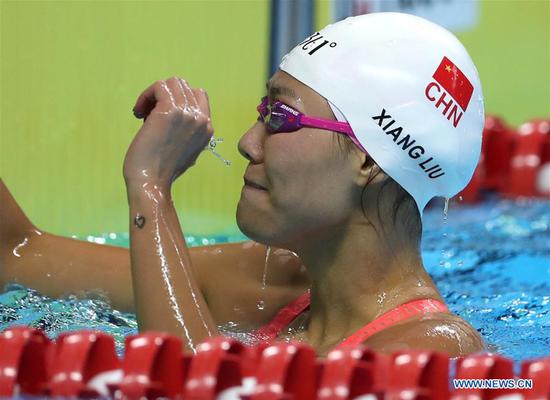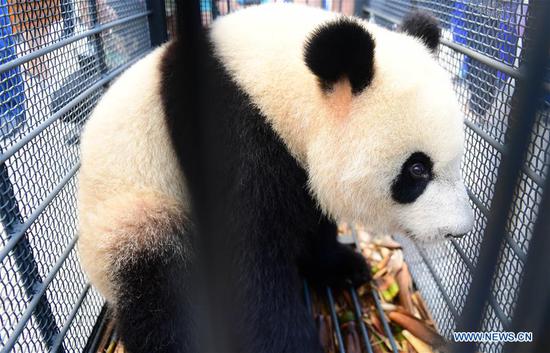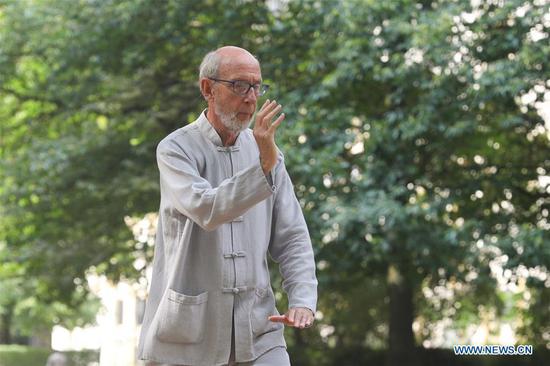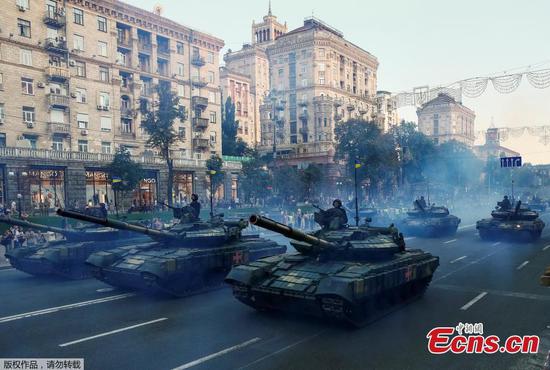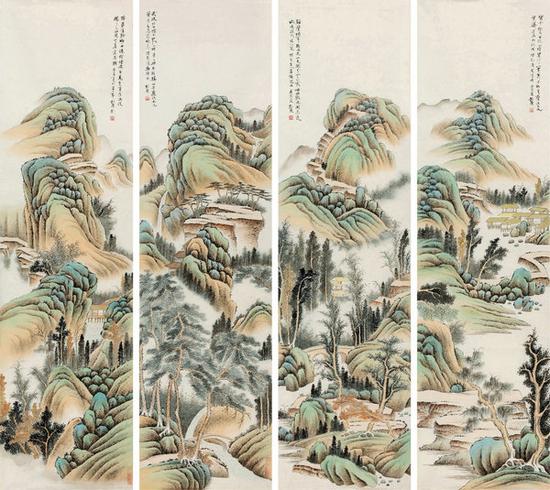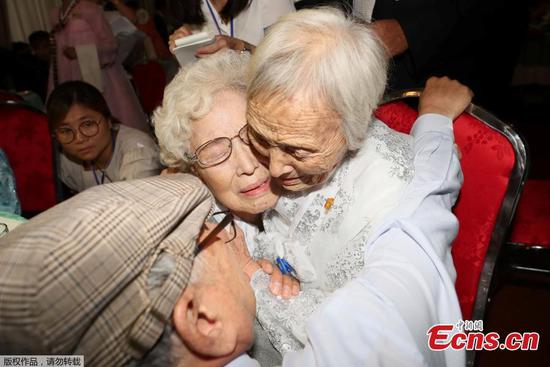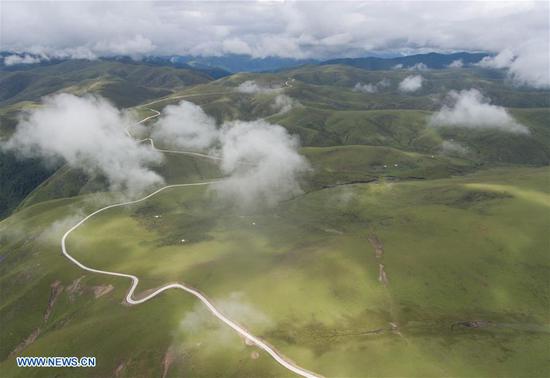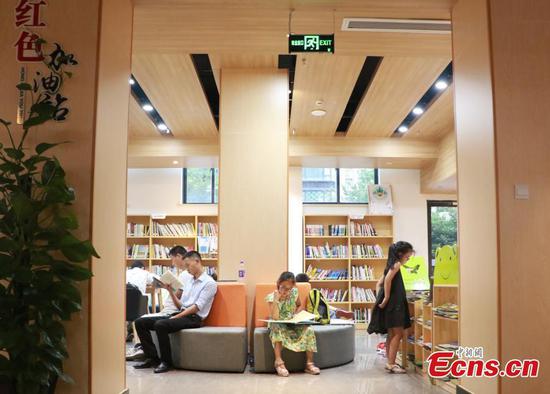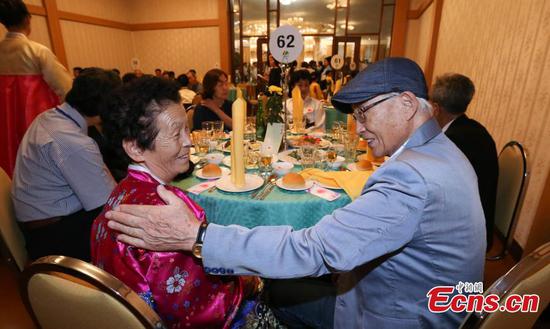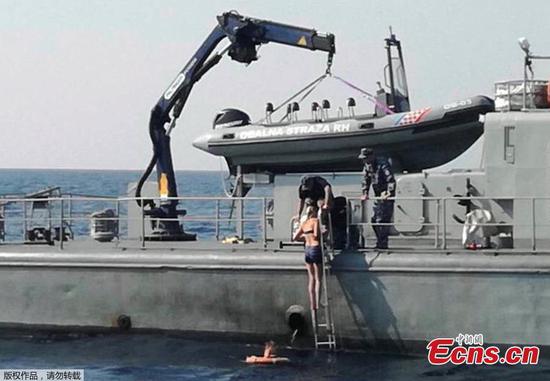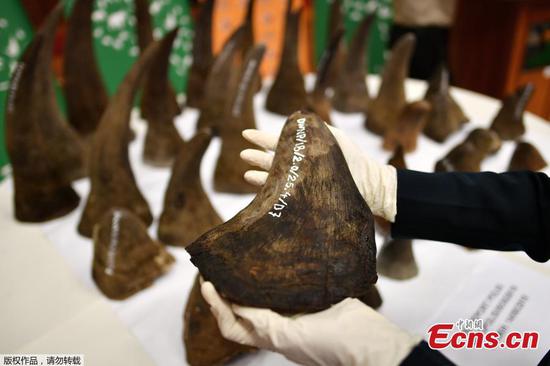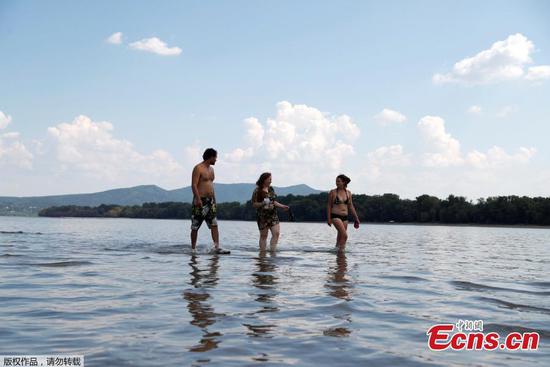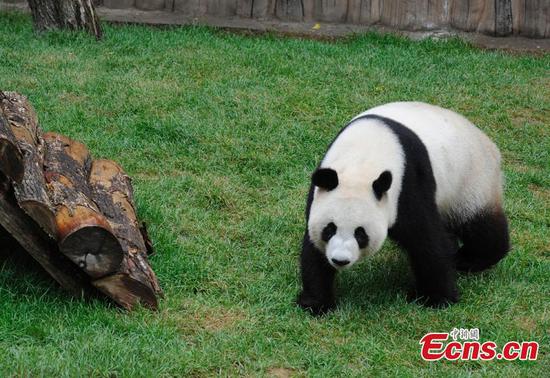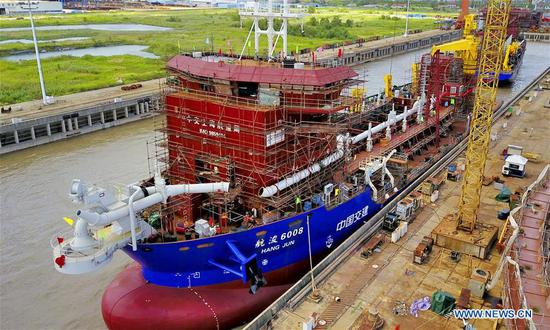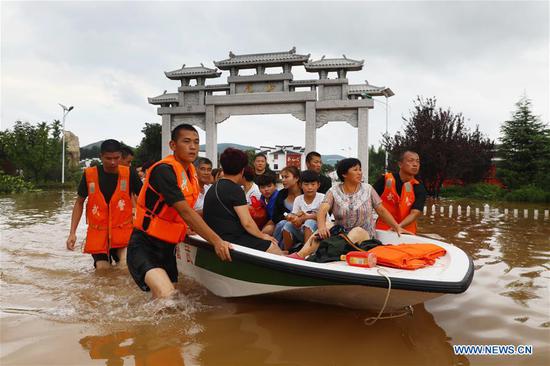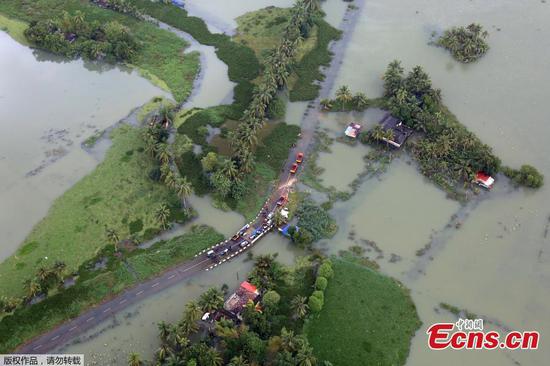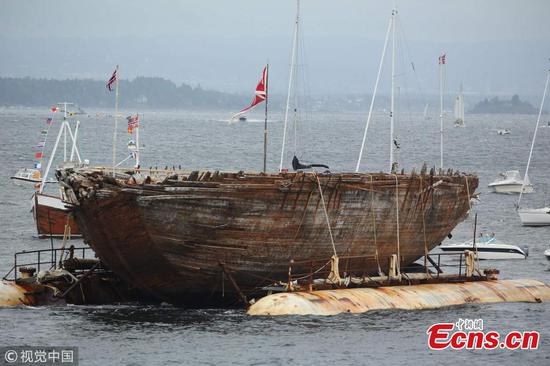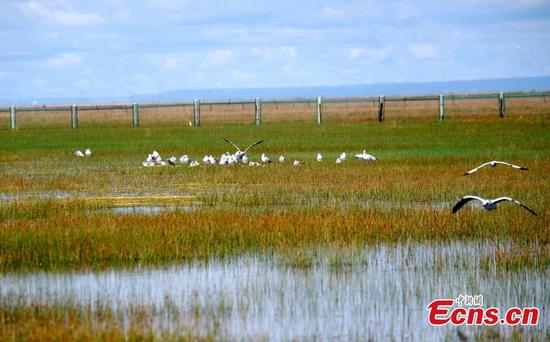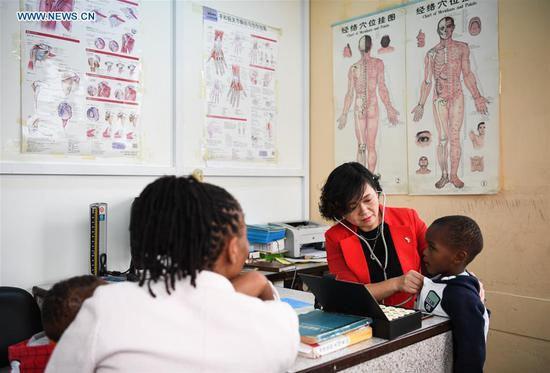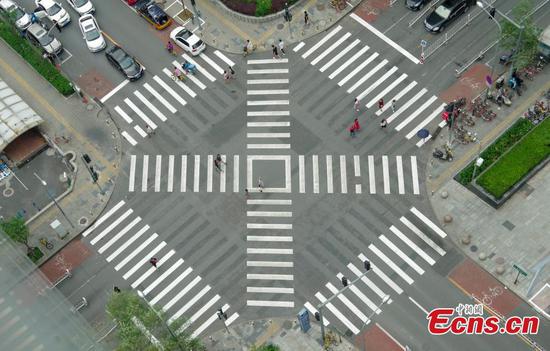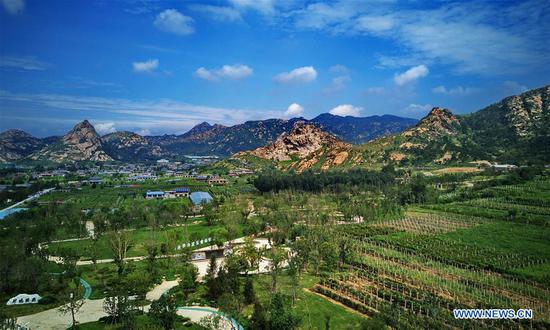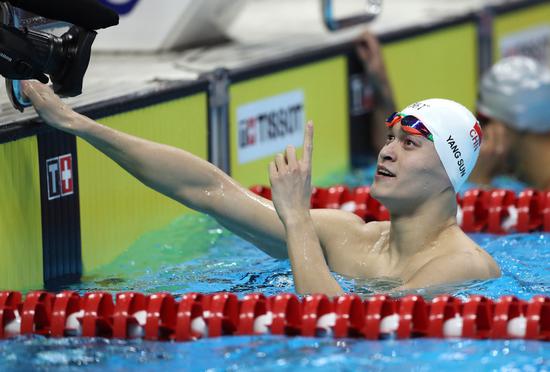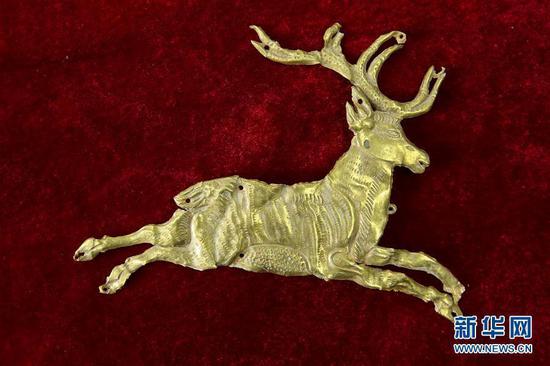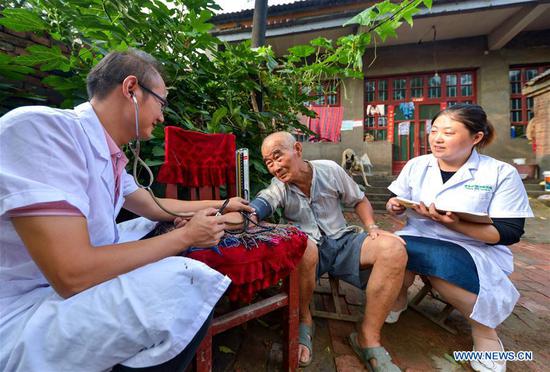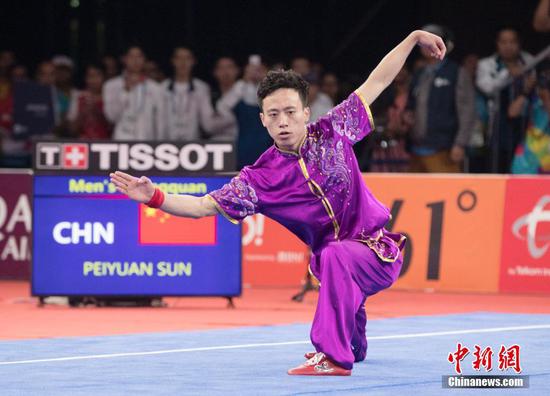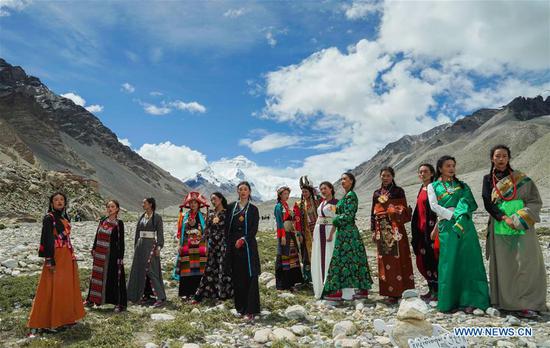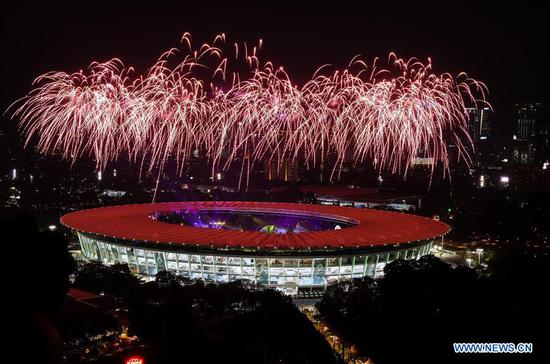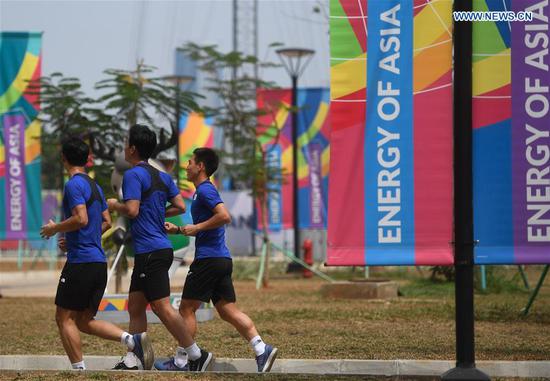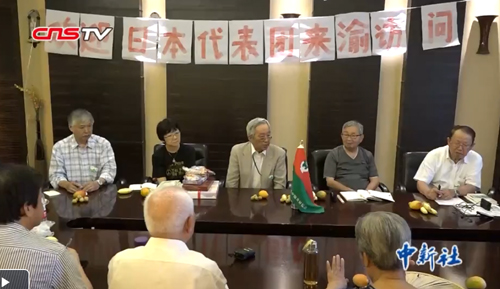CPPCC Standing Committee members make suggestions for best way forward
China's leading national political advisers offered suggestions for the country's pollution-control work as they gathered in Beijing on Monday for a three-day meeting of the Standing Committee of the 13th National Committee of the Chinese People's Political Consultative Conference.
Their suggestions include dealing with urban and rural waste, solving air pollution in three years, shutting down polluting enterprises and protecting sources of water.
China should step up its efforts to win the battle against pollution and tackle key environmental issues, said Wang Yang, chairman of the National Committee of the CPPCC, who presided over the opening session of the meeting.
Wang also urged political advisers to pool their wisdom on ways to protect the environment and build a beautiful China.
It is important to insist on solving the pollution problem, Wang said.
Carrying out a three-year action plan to tackle air pollution and embracing blue skies should be taken seriously, said Vice-Premier Han Zheng in a report on pollution control.
The upgrading of equipment in key industries should be carried out carefully, for example, cleaning up pollution from sources such as coal and diesel-powered trucks, he said.
He noted that local Party and government entities will be held accountable for carrying out environmental protection. He added that law enforcement will be strengthened in environmental protection.
China should speed up "reform of the system of developing an ecological civilization, and building a beautiful China", President Xi Jinping said in his report to the 19th National Congress of the Communist Party of China last year.
Environmental protection is one of China's three main battles. The other two are controlling risks and poverty alleviation, which were discussed among national political advisers in May and July.
Li Huidong, a member of the Standing Committee and vice-president of the central committee of the Revolutionary Committee of the Chinese Kuomintang, said law enforcement at the grassroots is key in the battle over environmental protection.
He suggested increasing the number of officers at the grassroots, providing training for the team, offering better benefits such as subsidies for overtime work and creating a social atmosphere that holds everyone accountable for creating a good environment.
"Party and government departments at all levels should optimize the structure of personnel, adding more quotas on personnel to carry out grassroots law enforcement for environmental protection," he said.
He said China's top leaders highly value stronger environmental protection and have firm resolve to carry out the fight against pollution, to allow people to drink cleaner water, breathe fresher air and eat better food - all of which has been embraced and applauded by the Chinese people.
Wang Huisheng, a Standing Committee member and chairman of the State Development and Investment Corp, focused on handling urban waste.
He suggested promoting urban household garbage classification and collection, recycling and treatment.
Previous reports said the Chinese people produce 200 million metric tons of urban waste every year.
Wang said the task of making laws and regulations needs to be completed. For example, some companies generate waste in wrapping their products, which increases the work of garbage disposal. A small can of tea is wrapped in several boxes, as is mooncake.
"Boxes are more than the product itself," he said, adding that the increasing use of express deliveries also produces excess waste, such as wrapping paper and boxes.
Regulations should be created to cut the excessive use of packaging to limit waste from the beginning, he said.
People's awareness should also be raised for garbage classification, he said.









